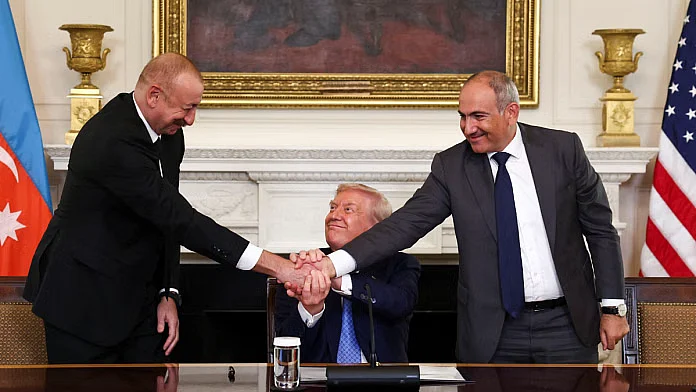Weeks before the world learnt about the coronavirus outbreak in China, the Communist Party leadership knew about it but tried in vain to keep it under wraps. This secrecy inflicted more pain on the world as it caught several affected nations off guard and prevented a timely response. The Chinese leadership initially downplayed the threat the epidemic posed to their own people and nationals of other countries who were in contact with them directly or indirectly. Such was the obsession of the Communist Party with secrecy that the eight doctors in Wuhan who had first warned of a strange pneumonia virus infecting people were sternly warned. And the doctor who mentioned it in a small WhatsApp group of fellow doctors was visited by the police and told not to report to work. Subsequently, the same doctor himself fell victim to the deadly virus and died a few days later. What is most surprising is that President Xi Jinping himself took charge of the operation to contain the outbreak early in January while informing a meeting of the Politburo that he had been told of it a few days earlier. The doctors, some of whom are now down with the same virus, had cautioned against coronavirus in mid-December. The Chinese decision to underplay the threat prevented the World Health Organization from taking remedial steps in time, including alerting member-States about the likely pandemic. Inevitably, the Chinese failed to contain the outbreak, with more than 2,000 deaths of their own nationals recorded by Wednesday. More than 75,000 cases of coronavirus have been reported by China, though unofficial number of cases and fatalities is said to be far higher. Wuhan, the epicenter of the virus, has been under lockdown for over a month. There are restrictions on free movement of people and transport in large parts of China. Several airlines have suspended their operations in China. At least two ships have been quarantined, one off the Japanese coast and the other after being stranded on high seas for two weeks was finally berthed in the Cambodian waters. A couple of passengers infected with the deadly virus were said to be on each of these ships. In Hong Kong, Singapore, Indonesia the epidemic has disrupted normal life with at least two fatal cases reported from Hong Kong which has sealed off its border with China. Suspected cases have been reported from even the UK and the US, though the latter were not fatal. The point is that China’s secretive leadership jeopardised a prompt response to the virus by its early decision to hide it from the outside world - and to intimidate its own citizens who had first-hand knowledge of the outbreak. China had behaved in similar manner at the time of the SARS outbreak in 2002-03. It had failed to inform the WHO for three months, thus jeopardising preventive steps against the spread of the disease to a wider area. Whether the Chinese leadership kept a tight lid on the Wuhan virus fearing that sharing information would hurt the country’s image is a moot question. It failed to learn from the SARS outbreak that keeping the outbreak of an epidemic of such speed, scale and ferocity is well-nigh impossible. You cannot trap air in which the viruses flow nor lock down the country to prevent any movement of people from and into China.
Building two brand new hospitals in Wuhan in record time to deal with the rising number of victims was duly publicised in an effort to underline the efficiency and capabilities of the Chinese State. But secrecy was a terribly wrong priority in this case when the effort ought to have been to find a quick antidote after breaking down the genome of the particular virus strain which causes COVID-19. A research lab in Japan apparently has already separated the genome structure but the vaccine may take at least three years to be made available. Meanwhile, the epidemic is set to cost China at least one per cent in GDP growth and, worse, its impact will be felt as far away as the US and Europe given the disruption in supply chains for a wide variety of goods and services. Even India, which so far has no reported case of a coronavirus, might feel the pinch due to the disruption in imports, particularly in the electronics sector.






